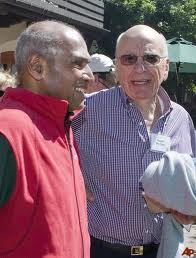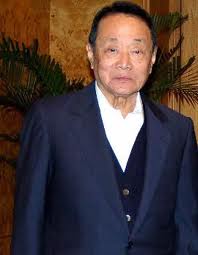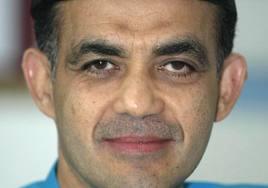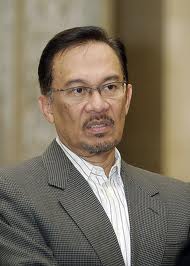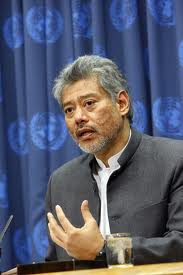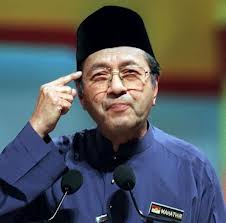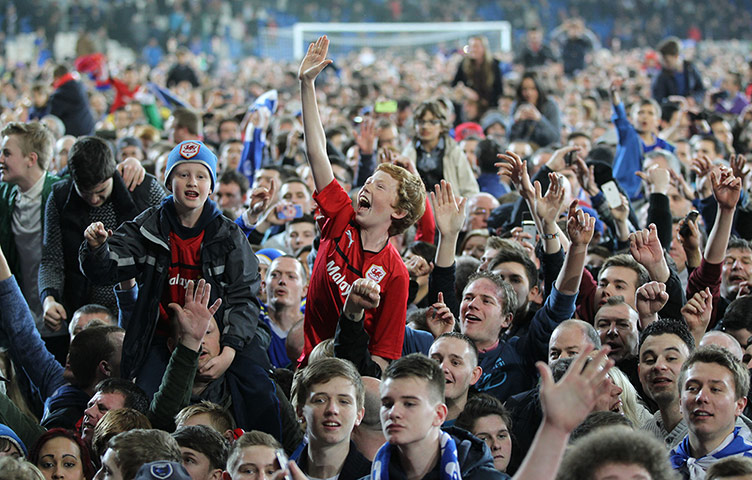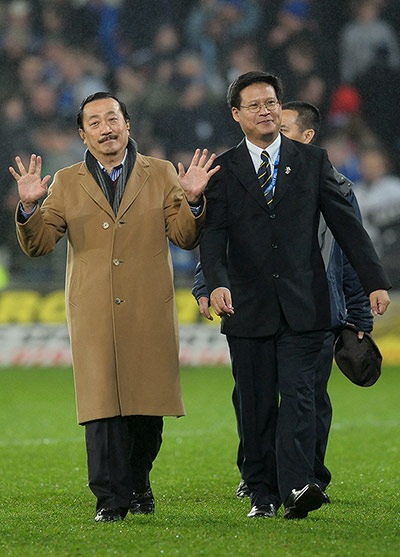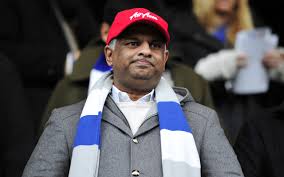Among the major economies of east Asia, Malaysia — which will hold a national election on Sunday — is the most racially mixed, a melting pot of people of Malay, Chinese, Indian and Sri Lankan ancestry.
All the racial ingredients are present to foment east Asia’s most dynamic and cosmopolitan society — a California, Holland or south-east England of today, or a Tang China or Arab ascendancy of a earlier epoch.
Unfortunately, the ingredients have long been just that — ingredients. In 1965, Malay fear of being outnumbered by ethnic Chinese (and the reverse) was the background to the break-up of a union with Singapore. More recently, the cosmopolitan dream has languished under the affirmative action policies of the ruling United Malays National Organisation (UMNO). Affirmative action has too often meant filling the boots of a small Malay elite, and assorted running dogs, rather than taking the country forward.
Today, many Malaysians of all races reckon themselves less integrated and less happy than ever. And yet despite this, the signs of cosmopolitan promise in this most beautiful and enchanting of Asian nations never disappear.
The richest man in Malaysia is a reclusive Tamil, Ananda Krishan, an extraordinary entrepreneur who has bent every political leader for two generations to his will. Even politicians who hate each other end up agreeing with Krishnan’s agenda, and admiring the Islamic-art inspired Twin Towers he built in Kuala Lumpur. If government had forced him to do something more useful than run monopoly concessions from tv to telephones, and fret about the layout of his luxury yacht, this son of Sri Lankan railway clerks would surely have built one of the greatest branded businesses in the region.
The richest Malaysian long since moved on from Malaysia, in part because of his frustration at the place’s limited ambitions. Robert Kuok, commodities kingpin and Shangri-la hotelier has, in his latter years, put on an ever more Chinese face, but his own family is a wondrous assortment of different races, from West Indian to Welsh and Arab to Malay. His first, late wife was half-British.
The biggest financial services conglomerate put together in Malaysia is the work of a Malay-Arab-Indian, Rashid Hussain, whose inititals gave rise to the ubiquitous RHB logo seen everywhere in the country. One of the fastest growing businesses of late belongs to a Pashtun-Malay entrepreneur, Syed Mokhtar Al-Bukhary, so sharp that a Chinese billionaire once told me he refused to eat chocolates sent to him by Syed Mokhtar until they had been tried on his family pet (the tycoon and the animal survived). The best known Malaysian brand these days is low-cost airline Air Asia, run by an ethnic Indian, Tony Fernandes.
Nor is this cosmopolitan smorgasboard of talent limited to the business sphere. In Jomo Kwame Sundaram (Indian Tamil-Indonesian-Teochew Chinese), currently serving as Assistant Director General of the United Nations’ Food and Agriculture Organisation (FAO), Malaysia produced south-east Asia’s most prolific and respected development economist.
In Mahathir Mohamad — one- or two-quarters Indian, two- or three-quarters Malay, though in power he declined to concede his mixed race ancestry for political reasons — Malaysia produced the south-east Asian politician who came closest to creating a viable industrialisation strategy, one that could have put his country on the track that Japan, South Korea, Taiwan and then China followed.
The mercurial Mahathir, however, studied but failed to digest the real lessons of north-east Asia. Agriculture was left stuck in the colonial mould, while industrial policy never harnessed competition to developmental ends in the manner of more successful east Asian states, as any businessman who works in both Malaysia and China will tell you.
Today, Malaysia’s businessmen goof around buying English soccer clubs (Queen’s Park Rangers, which came bottom of the Premiership this year, Cardiff which is joining it) when they could and should be driving their nation’s economic development.
UMNO’s defensive claim going into this Sunday’s election is that it is a tried and tested ‘product’. But given that Malaysia was much the most profitable British colony, and now has an even more formidable resource base after the discovery of vast natural gas resources, a modest GDP per capita lead over neighbouring Indonesia and Thailand is far from impressive. It is the US$15,000 GDP per capita lag on Taiwan and South Korea — much poorer states at the end of the Second World War — that tells.
Anwar Ibrahim (Malay-Indian), who leads the largest opposition party, Keadilan, has little to recommend him. A former Finance Minister, he has bent with the political winds for decades, only leaving UMNO after Mahathir turned on him. The leaders of allied opposition parties are untested in power beyond the local level — indeed sometimes at any level.
Yet Keadilan and its allies do offer Malaysia the chance of rule by a different party after 56 years of UMNO incumbency. It is a chance worth taking, even if — as appears to be happening to Japan’s LDP after defeat by its opposition — the main benefit would be to shake UMNO out of its corrupt and navel-gazing torpor.
Sunday is also a chance to change the nature of racial politics in Malaysia. Race has become an albatross around the country’s neck. It should be Malaysia’s greatest asset.
